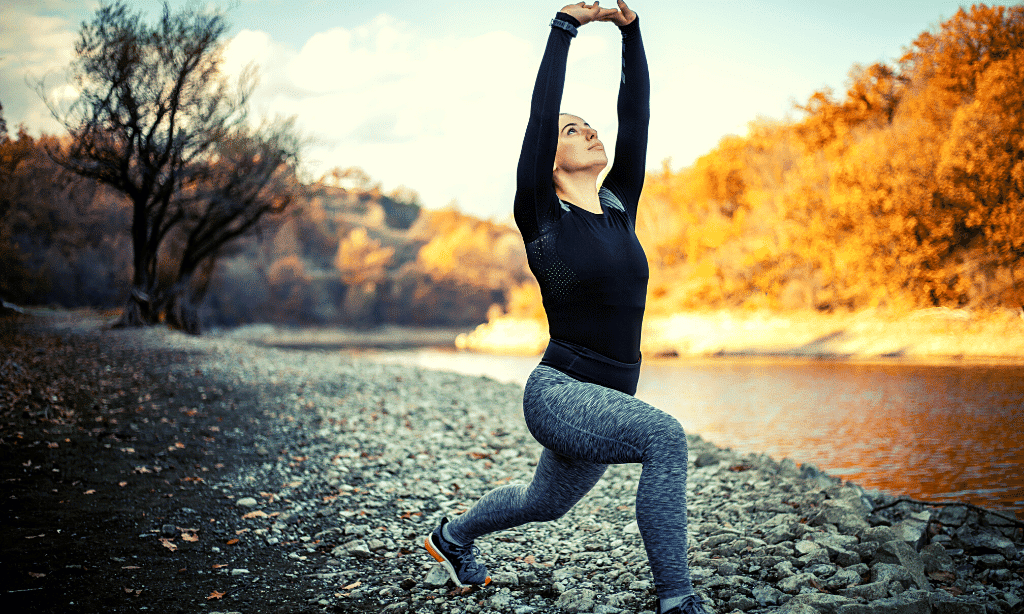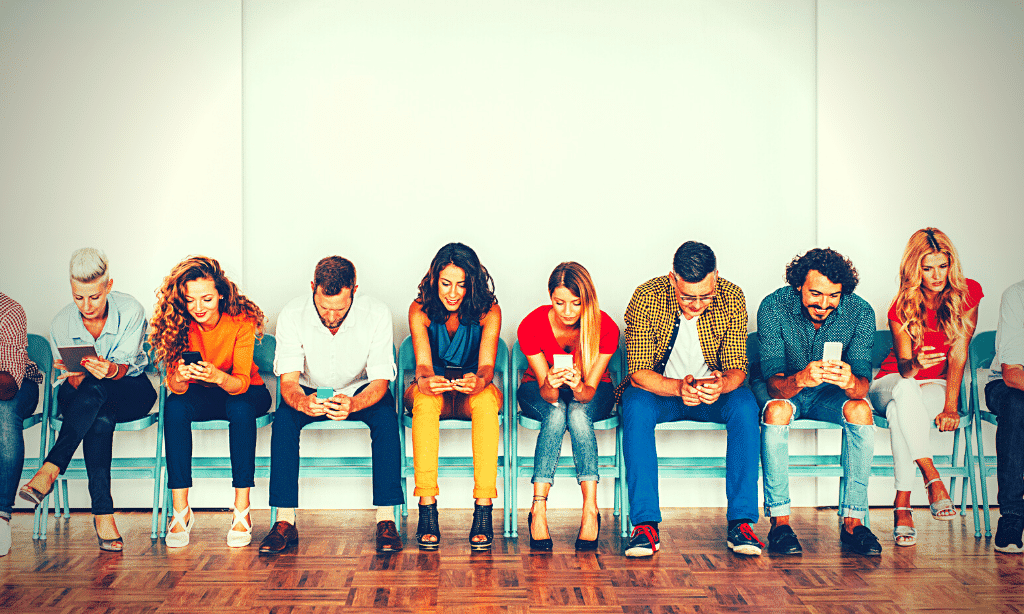COVID-19’s contact restrictions and lockdowns caused social media to explode. Millions of people turned to Facebook, TikTok, and Twitter to escape isolation, anxiety, despair, and hopelessness.
Excessive screen time can lead to addictive behaviors, stronger emotional attachments to social media, and greater mental anguish in many people.
The Ruhr-Universitatt, in Bochum, Germany, investigated the effects on the emotional well-being of people who use social media use (SMU) and increase their physical activity (or both) on tobacco and mental health.
Julia Brailosvskaia (Ph.D.), an assistant professor at the university’s Mental Health Research and Treatment Center, conducted the two-week experiment.
Brailosvskaia observed that participants were happier after the intervention they suggested. The subjects reported that they spent less time on social media, were more active, felt happier, and smoked fewer cigarettes, at a 6-month follow-up.
Social Media and Mental Health
According to the study’s authors, mental health is made up of two distinct dimensions. Positive and negative.
They proposed this paradigm to show that the positive aspect of their intervention would “increase happiness and life satisfaction” and that the negative dimension would “decrease depression symptoms and addictive tendencies of SMU.”
Medical News Today spoke with Dr.Sheldon Zablow (author and nutrition psychiatrist). He was not part of the research.
“Activities that interfere with the standard age-appropriate milestones for economic self-sufficiency and socialization or health maintenance are considered to be harmful. The activities could be alcohol use, substance use, dietary choices, or entertainment choices–specifically social media,” says Darren Davis, owner of Whispering Oaks Lodge, which specialized in dual diagnosis treatment.

Use of Social Media Could Lead to Mental Health Problems
MNT also spoke to Dr. David A. Merrill (adult and geriatric psychiatrist) about the current study. He was not part of the research.
Dr. Merrill claimed that social media is a misnomer, almost like a switch and bait, designed to increase user engagement.
He said that too much social media use could “exacerbate” mental problems for those with addictive or behavioral health issues.
Dr. Merrill stated that clicking, scrolling, or using social media is a brain reward system.
“I believe that the authors are demonstrating causally that both you and your spouse need to be conscious of the need for self-soothing aspects of social media use. You also need alternatives. So you need another way to bring joy to your life, especially during the pandemic.”
Exercise Benefits the Brain
Dr. Zablow, a psychiatrist, stressed that exercise was an essential component of any treatment plan. If a person doesn’t exercise, psychotherapy and medication will not work.
Dr. Zablow said that exercise can increase the production of neurotransmitters. These are the brain’s “natural antidepressants, and antianxiety chemicals.”
Therefore, exercise is good for your mental health. However, social media use can cause brain damage by reducing brain activity.
Recruiting and Surveying Participants
Dr. Brailosvskaia, along with her colleagues, believed that a “conscious and controlled decrease in time spent on SMU and an increase in physical activity could causally lower negative mental health consequences from the COVID-19 condition.” They also thought that combining both of these interventions might amplify this effect.
Professor said that the methods could be easily integrated into daily life without much cost or effort.
The scientists also expected that their experiment would reduce stress due to COVID-19, and decrease smoking behavior.
Researchers recruited 642 adult social media users who were healthy and placed them into 4 experimental groups.
The social media (SM), group included 162 people, the physical activity group of 161, a combination group of 159, and a control group of 160.
The SM subjects saw a decrease in their daily SMU time of 30 minutes, while the PA group saw a 30-minute increase in their daily physical activity. Both interventions were used in the combination group, but they did not affect their behavior.
The Trusted Source for Adults by the World Health Organization recommended that the first three groups increased their exercise time by 30 minutes.
Participants completed online surveys and daily compliance diaries 1 week after the trial began and 2 weeks later. Participants also completed follow-up surveys at 1, 3, and 6 months after the experiment.
Results of the Study
Dr. Brailosvskaia concluded with her team that their interventions had helped people reduce the amount of time they spend using SM.
Six months later, the participants still had a reduced initial SM time of about 37 minutes in SM, 33 minutes in PA, and 46 minutes in combination.
Participants also reported a decrease in their emotional connection with social media.
All interventions encouraged more physical activity. The authors reported that six months later, participants had increased their weekly physical activity by 26 minutes in SM, 40 minutes in PA, and 1 hour 39 minutes for the combination groups.
Even the control group saw a 20-minute increase in activity.

Both Strengths and Weaknesses
Dr. Merrill was impressed by the study’s “striking results with the combination of decreasing social media with increasing exercise.” He also agreed that SMU restrictions require a complementing activity that brings joy and a sense of achievement.
The study’s authors claim that the “experimental longitudinal design”, which they used in their current research, allowed them to establish causality.
The study population was however very homogeneous. The participants were all young, female, Caucasian, German, and highly educated.
Dr. Merrill believed that it would be interesting to repeat this study in the United States, but the results would be similar.
The study didn’t consider the type of SMU that the subjects used or the type of physical activity they engaged in. These factors are expected to be more prominent in future research.
How to Stay Healthy in this ‘Age of Digitalization’
Research by Dr. Brailosvskaia suggests that small changes in SMU or physical activity can help to protect and improve mental health easily and economically.
The professor and her team are aware of how SMU can reduce isolation and spread information.
Researchers wrote that “it is important to limit one’s internet access from time to time and to return to the human roots, a physically active lifestyle, in order to remain happy and healthy in this age of digitalization.”



